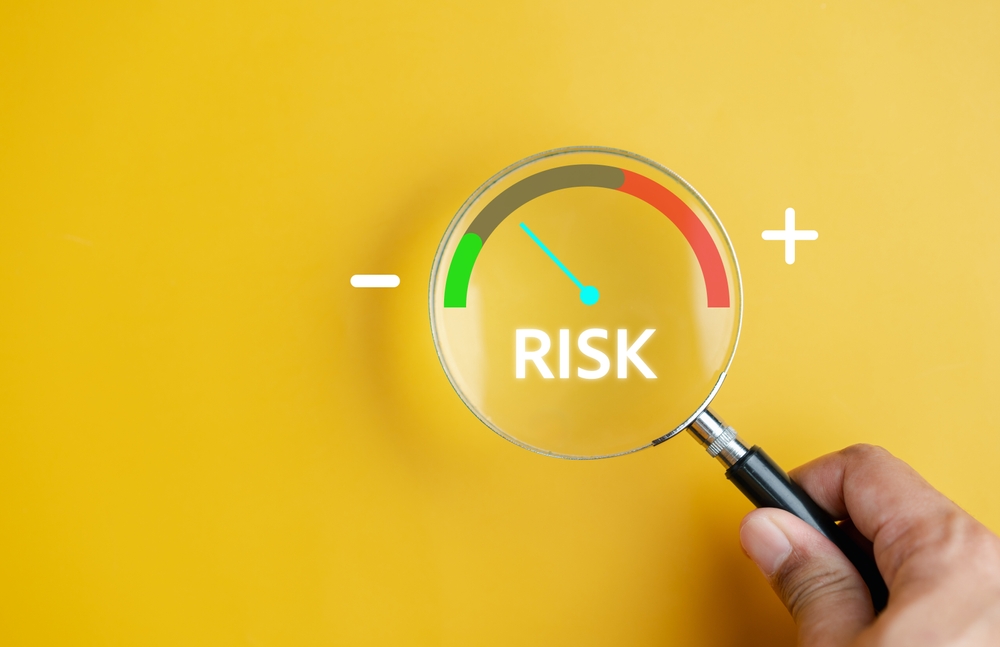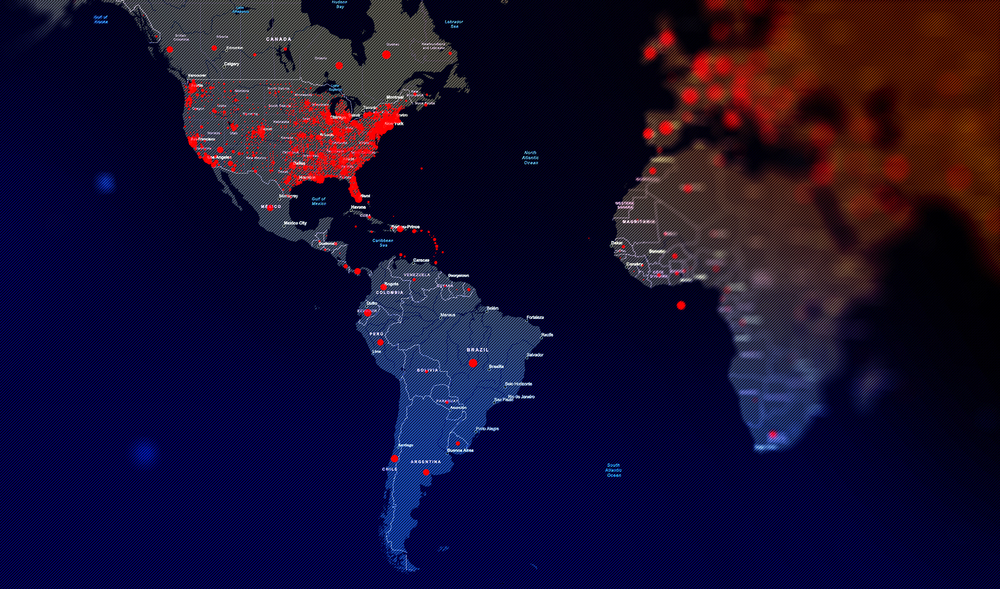Book Reviews
Philosophical Aesthetics
Quantum Computing
Global Value Chains
Peace and Stability Operations
Autonomous Intelligent Enterprise
Artificial Intelligence

Global Value Chains
The Cocoa Crisis and the Holidays
Cocoa prices surged due to weather problems in West Africa, disease, and aging trees, raising chocolate costs. Companies are increasing prices and exploring alternatives like gene editing and improved cocoa extraction techniques.

Global Value Chains
Risk Management: Sleeping When the Wind Blows
Organizations face unprecedented chaos in a BANI world (Brittle, Anxious, Nonlinear, Incomprehensible), requiring AI-powered solutions that deliver resilience, explainability, anticipation, and lucidity (REAL) to navigate complex supply chain risks effectively.

Global Value Chains
Reimagining Supply Chain Management
Organizations must move beyond VUCA and BANI frameworks by getting REAL—becoming Resilient, Explainable, Anticipatory, and Lucid—through AI-driven autonomous supply chains that successfully transform operational chaos into competitive advantage.

Global Value Chains
Will There Be Any Ho, Ho, Ho-liday Shopping?
Holiday sales expected to grow 4%, reaching $975 billion—slowest since pandemic. Consumers prioritize value and experiences over discretionary spending. Successful retailers must emphasize omnichannel strategies and value beyond discounts.Retry

Global Value Chains
Food Trends Are Redefining the CPG Sector
The food and beverage industry faces declining sales due to inflation while companies adapt to emerging consumer trends including wellness, functional foods, sustainability, clean labels, AI technology, and weight-loss innovations.

Global Value Chains
The Importance of the Global South
The Global South represents 85% of global population and growing economic power. China dominates partnerships there while America risks losing influence over critical minerals, markets, and future growth.
.jpg)
Personal Dispatches: Reflections on today’s society through the lens of Fortune Magazine December 1941

Global Value Chains
Securing Global Food Chains as the Climate Changes
Climate change threatens global food security through extreme weather, drought, and changing rainfall patterns. Agricultural yields are declining, requiring urgent climate adaptation measures, biodiversity preservation, and AI-powered supply chain optimization to prevent widespread famine by 2050.

Global Value Chains
World Food Safety Day 2025
World Food Safety Day 2025 emphasizes science's critical role in preventing foodborne illness, but recent Trump administration cuts to FDA and USDA food safety programs seriously undermine protection efforts nationwide.

Global Value Chains
There is Only One Warren Buffett
Warren Buffett stands alone in the investing world, combining exceptional analytical skills, emotional discipline, and strategic patience. His unique approach to value investing has created a legacy that, despite countless attempts at replication, remains singularly his own.

Global Value Chains
National Supply Chain Day: Global Supply Ecosystems Are Us
Supply chains are better understood as ecosystems connecting all products to consumers. Everyone participates in this global network, which requires both appreciation for workers and awareness of ethical issues like modern slavery.

